(Little) Gloria Vanderbilt
Back in 1924, Prince Michael Romanoff attempted to crash a Newport, Rhode Island ball hosted by Reginald and Gloria Vanderbilt. The Reginald Vanderbilts had spent most of their May/December marriage in Europe hobnobbing with minor royals and genuine Romanovs. As such, Gloria knew enough to quiz the alleged Romanoff exile on his claimed lineage. He became flustered, and when he could not answer her, she ejected him from the party. “The truth of the matter is that you are no more Prince Michael Romanoff than I am—because he does not exist,” proclaimed Gloria, obviously relishing her moment at the top.
Gloria imprudently left Little Gloria in the care of the child's unhinged maternal grandmother (Gloria’s mother) and her deceased husband's sister, Gertrude Vanderbilt Whitney (Little Gloria’s aunt). The grandmother, obsessed with having a Vanderbilt heiress granddaughter, decided Gloria was an unfit mother. She conspired to turn Little Gloria against her mother, and she succeeded brilliantly. Little Gloria began going into such hysterics around her mother that Aunt Gertrude had no choice but to sue for custody.
Ultimately, Gloria lost custody of Little Gloria (now age ten) to Aunt Gertrude in the one of the most sensational and well-publicized court cases of the 1930s. This weakened Gloria’s already tenuous claim on the income from her daughter’s trust. She found herself in the unenviable position of having the fabled Vanderbilt surname without any of the fabled Vanderbilt money. Jane Stanton Hitchcock could have easily been referring to Gloria’s situation when she observed in her novel Social Crimes that being “poor in New York [was] hideously expensive.”
Eventually, Gloria decided upon a resolution common among those facing ruin in New York. She relocated to California. Gloria established a household with her identical twin sister, Thelma, Lady Furness. Decades later, Little Gloria made the observation that her mother and aunt were not just identical twins; they were two extensions of the same person. Indeed, their lives seemed to run parallel. Thelma had made a good match with Lord Furness, a shipping heir, but their marriage was all but over by the time she became the lover of the Duke of Windsor, then styled as the Prince of Wales. Thelma made a fatal error when she introduced her good friend Wallis Simpson to the Prince. When he jilted her for Wallis, it became a personal crisis for Thelma and an abdication crisis for Great Britain. Interestingly, the Duke of Windsor's abdication became one of the few tabloid stories of the 1930s to rival the massive press coverage of the custody battle for Little Gloria.
One summer, Little Gloria, then age sixteen, came to visit. Following a whirlwind romance with Howard Hughes, she married mobster-about-town Pat DiCicco. Big Gloria hosted the reception at her Maple Drive home. One of the guests was none other than Prince Michael Romanoff. Unlike the Vanderbilt soiree he crashed in 1924, this time his credentials went unchallenged. And, it seems he did not even feel obliged to behave himself. At the party, he became involved in a scuffle with Errol Flynn and Prince David Mdivani (another person of dubious royal lineage).
EPILOGUE
What If
Further Reading
The World of Gloria Vanderbilt. This spectacularly produced coffee-table book is organized scrapbook-style. Its images are what grabs one’s attention, but the text is just as compelling. In it, Gloria recalls the trial, its aftermath, and her early marriage to Pat DiCicco. She confesses that she did not wish to marry him but was desperate to escape her mother who was engaged in a torrid affair. The person with whom her mother was involved was a woman, adding credence to the allegations made at the 1934 custody trial that Gloria had a lesbian affair with Nada, Marchioness of Milford-Haven, who (ironically) was an actual Romanov. Her father was Grand Duke Michael Mikhailovich. The copy of The World of Gloria Vanderbilt that Gloria Vanderbilt signed to Betsy Bloomingdale, a bridesmaid at Gloria’s wedding to Pat DiCicco, is available via the Nick Harvill Libraries store.
Romanoff, Price of Rogues, The Life & Times of a Hollywood Icon. This biography of Michael Romanoff points out that as the arbiter who determined which A-Listers were seated in the five front booths at Romanoff’s, the faux prince wielded more power than the for-real Romanovs who escaped Russia with their lives but precious little of their wealth. The book at times borders upon satire, particularly the section in which an expatriate Russian general becomes irrationally obsessed with refuting Michael Romanoff’s claim, to the point of insisting the faux prince be arrested.

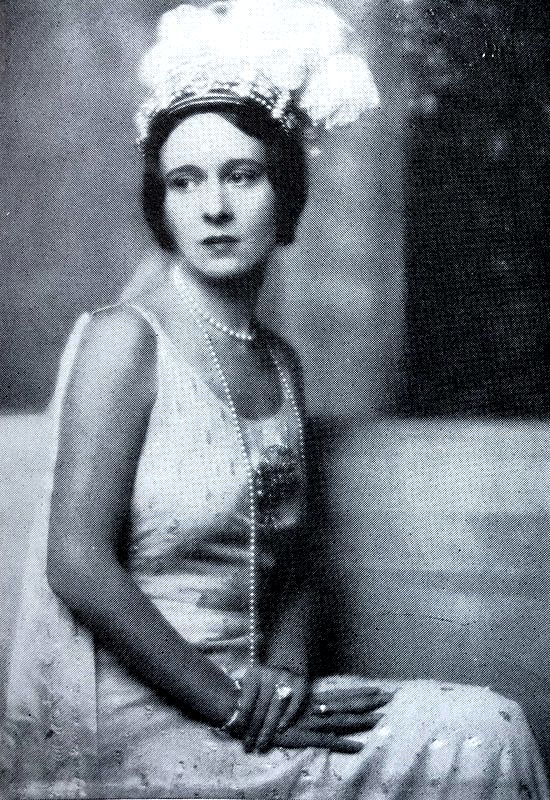
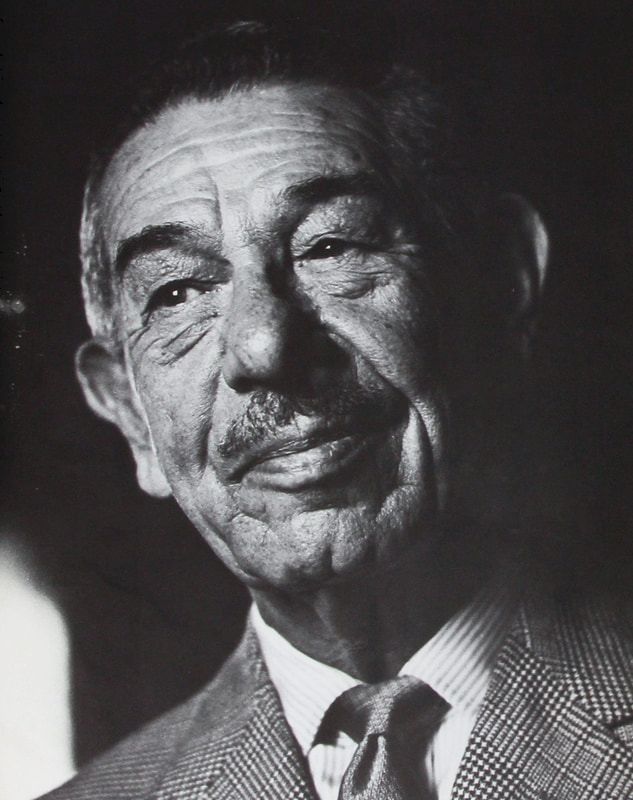
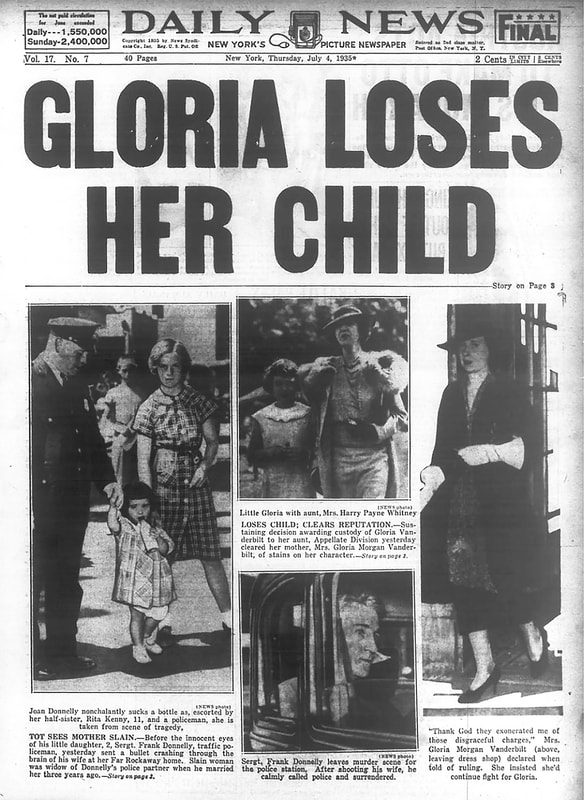
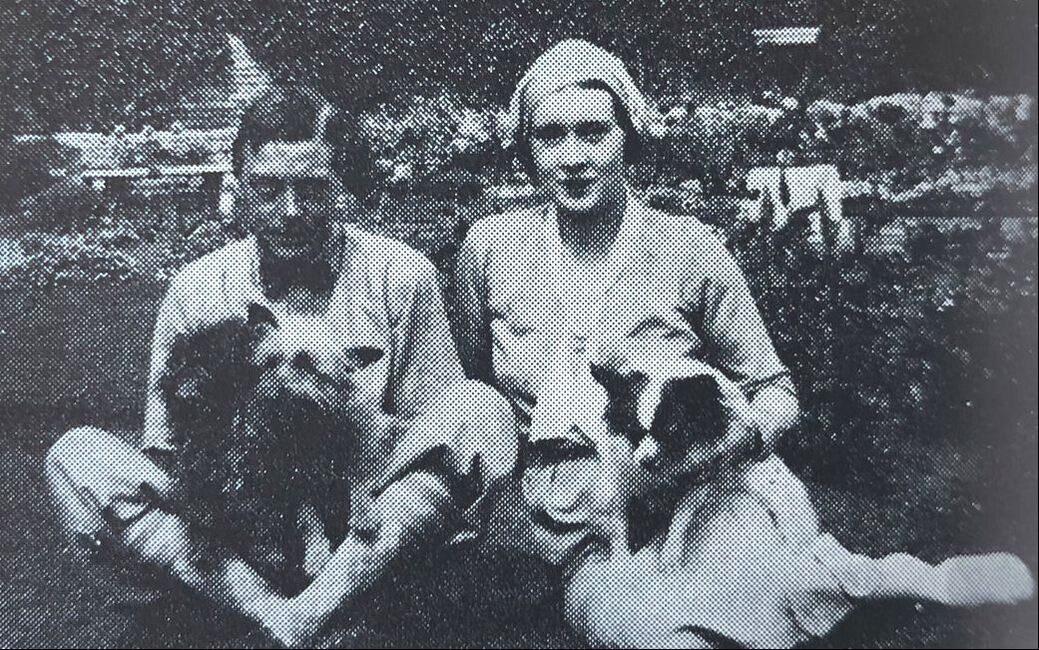
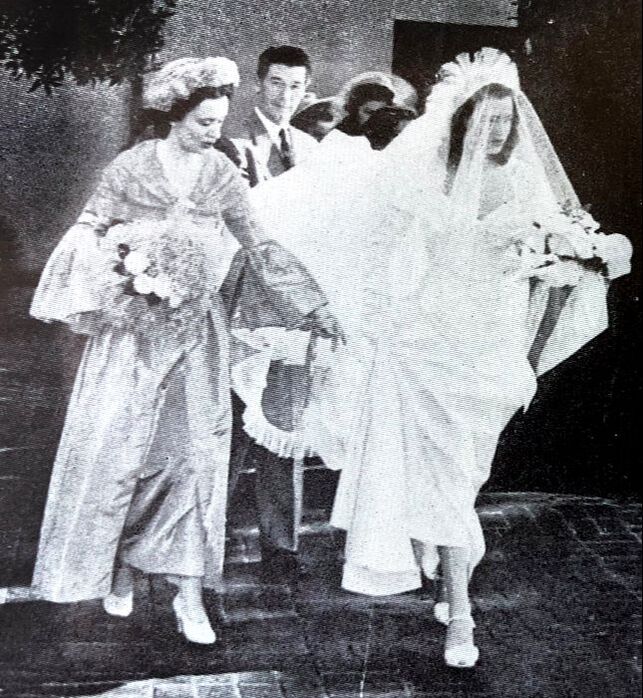
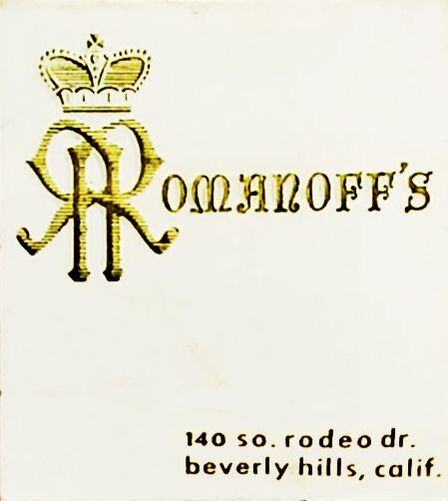
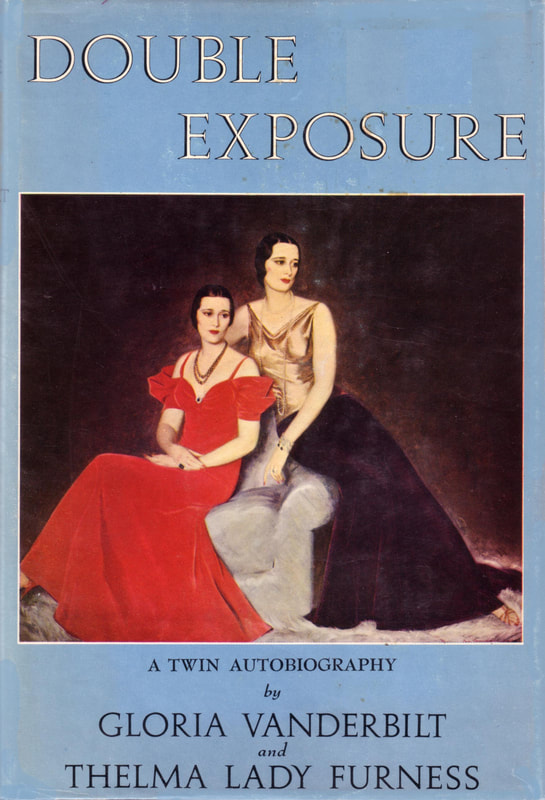
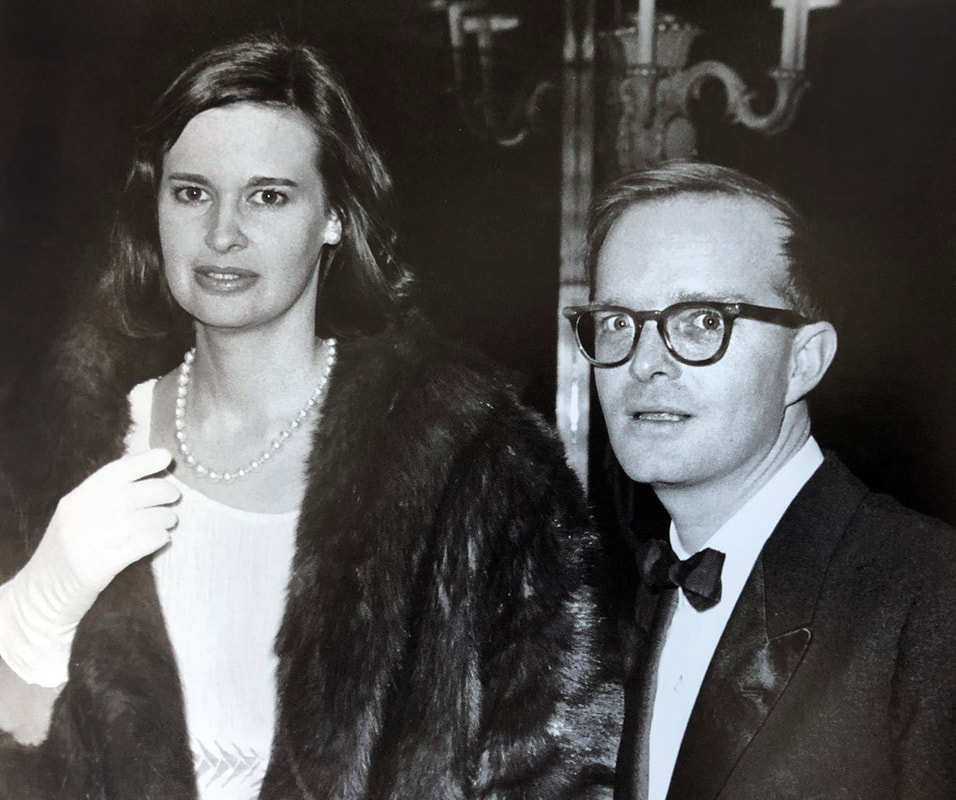
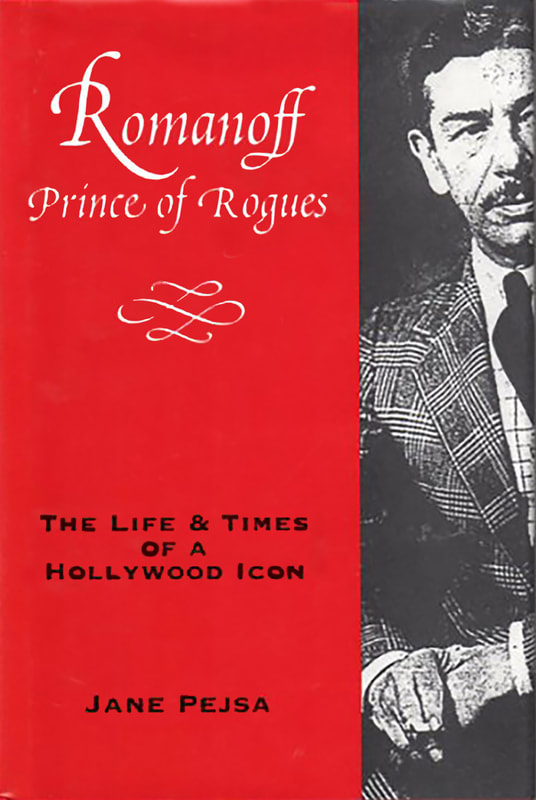
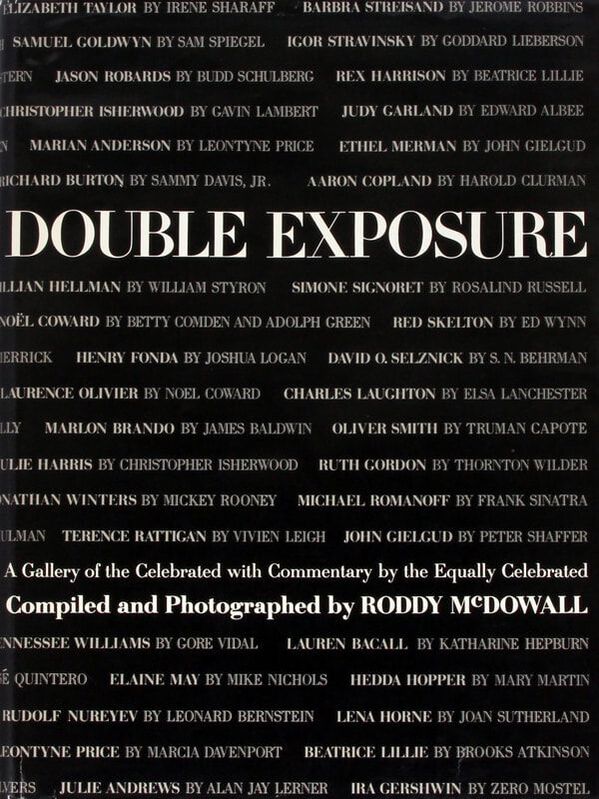
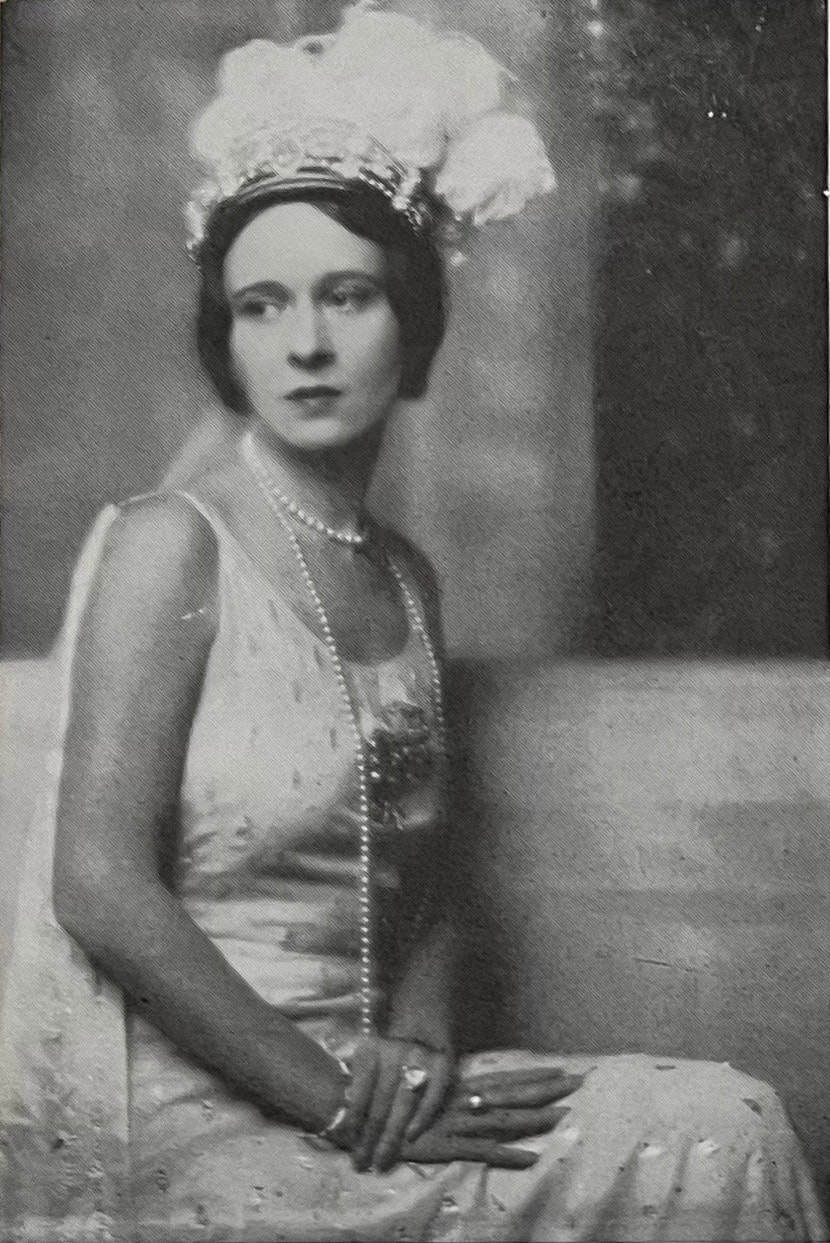
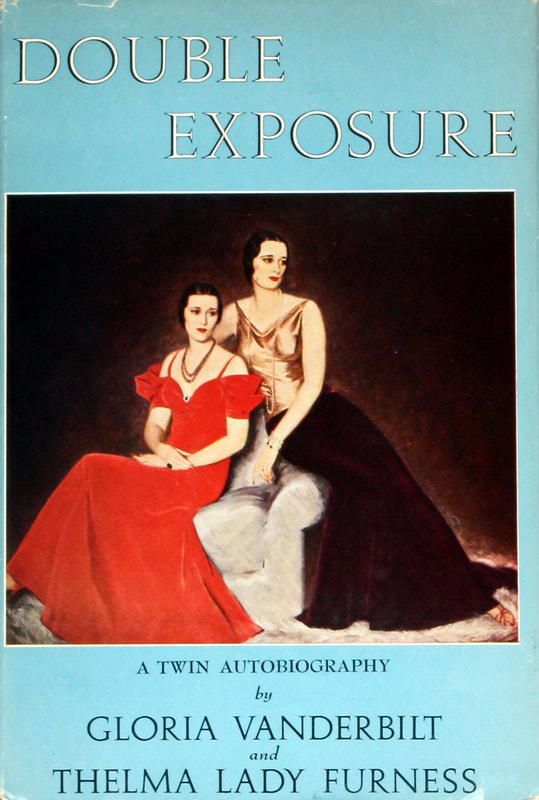
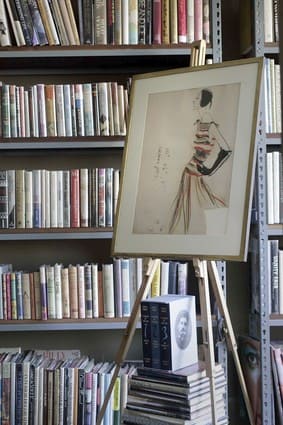
 RSS Feed
RSS Feed